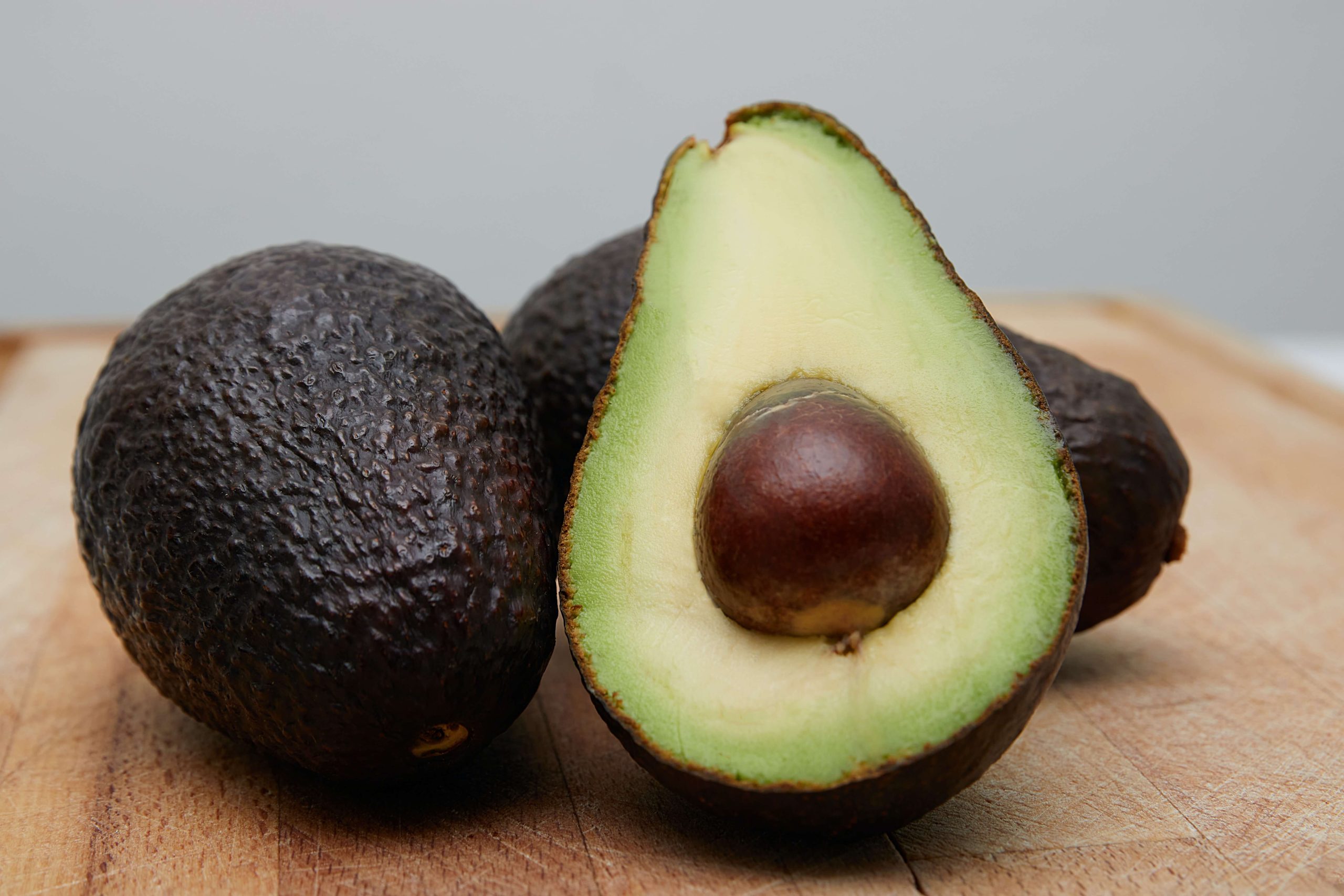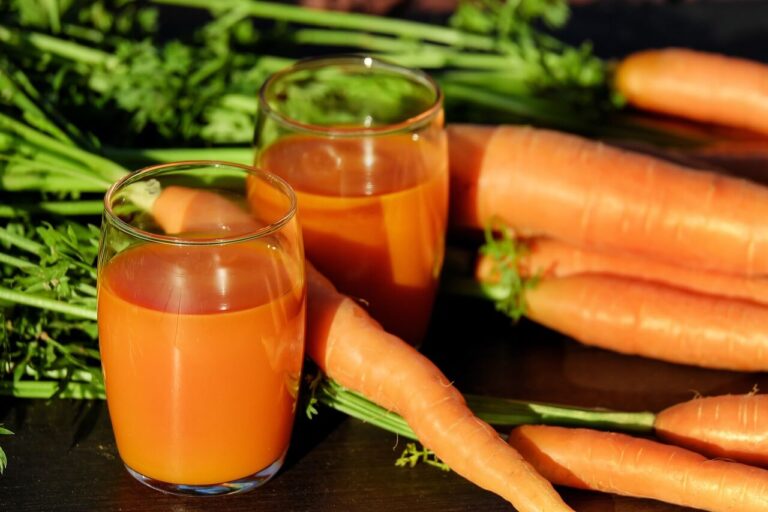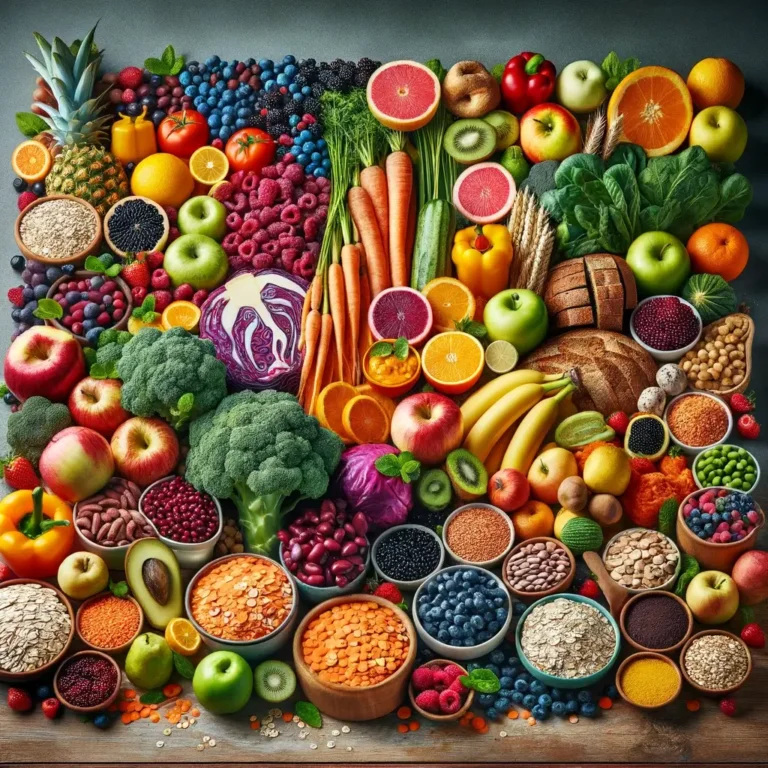Superfoods for Menopause: Boost Your Well-Being
Menopause is a natural phase in a woman’s life that marks the end of her reproductive years. During this time, hormonal shifts can lead to a range of uncomfortable symptoms such as hot flashes, mood swings, and fatigue. However, a well-balanced diet can play a crucial role in alleviating these symptoms and promoting overall well-being. In this article, we will explore a curated list of superfoods that can be particularly beneficial for women going through menopause.
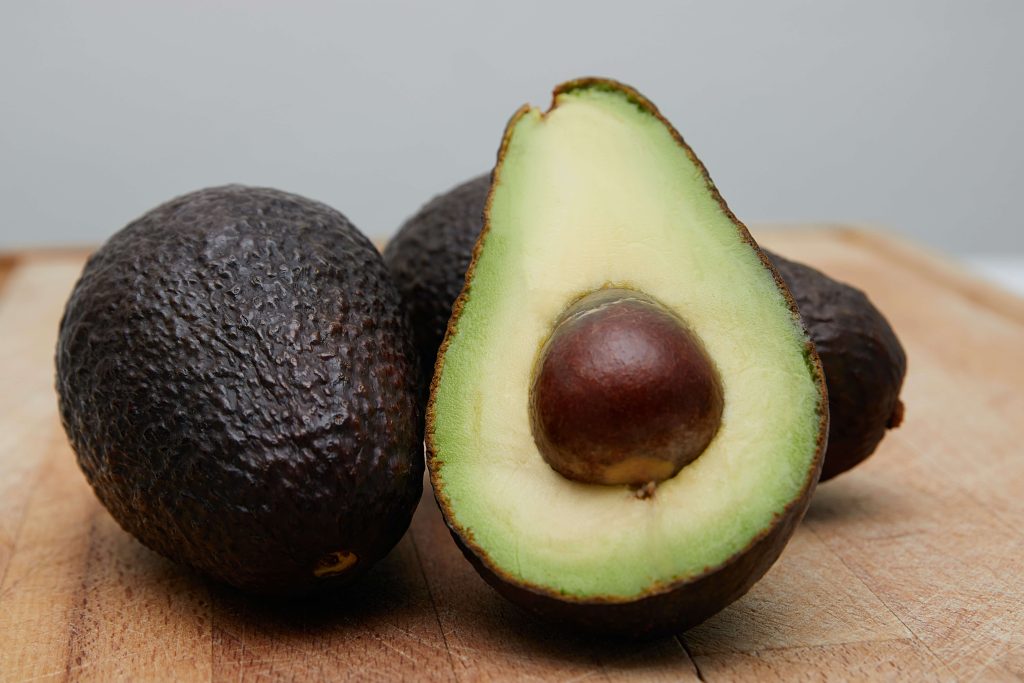
Avocado: The Hormone Balancer
Avocado is a nutrient-dense fruit rich in healthy fats, fiber, and essential vitamins. It is particularly beneficial for menopausal women due to its high content of monounsaturated fats, which help stabilize hormone levels. Additionally, avocados are a good source of potassium, which can help regulate blood pressure, a common concern during menopause.
Flaxseeds: Nature’s Hormone Regulator
Flaxseeds are a powerhouse of nutrients, including omega-3 fatty acids, fiber, and lignans. These lignans have phytoestrogenic properties, which means they can help balance estrogen levels in the body. Incorporating flaxseeds into your diet can potentially alleviate hot flashes and mood swings associated with menopause.
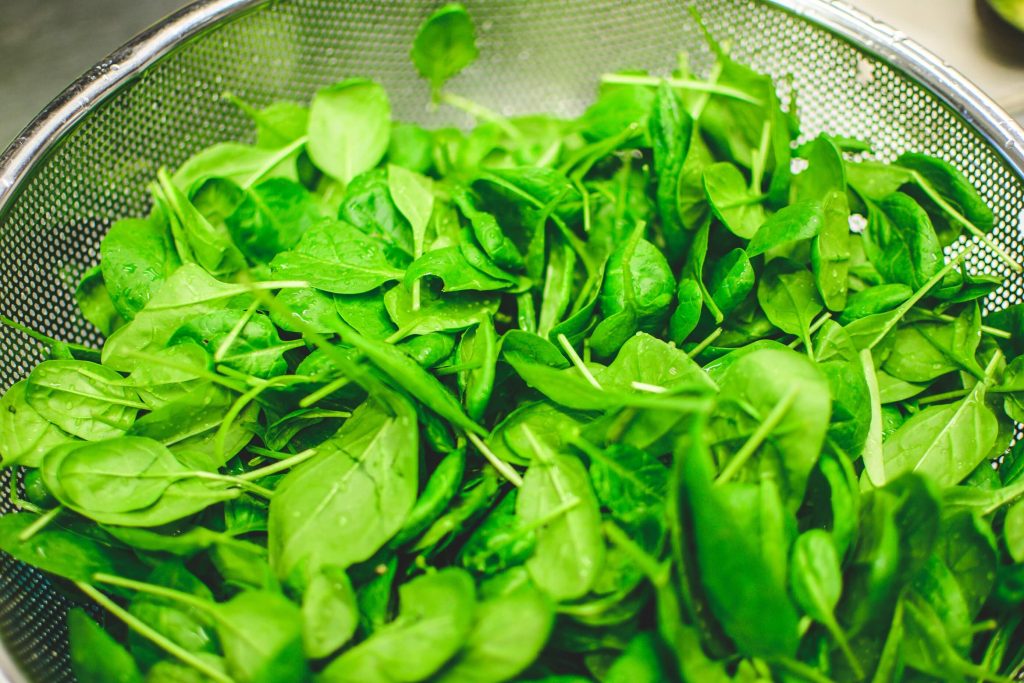
Leafy Greens: A Nutrient-Rich Arsenal
Leafy greens like spinach, kale, and Swiss chard are packed with vitamins, minerals, and antioxidants. They are particularly rich in calcium and magnesium, essential for maintaining bone health, which becomes crucial as estrogen levels decline during menopause. Moreover, the high fiber content aids in digestion and can help manage weight, a common concern for menopausal women.
Wild Salmon: Omega-3 Powerhouse
Wild salmon is a fantastic source of omega-3 fatty acids, which are known for their anti-inflammatory properties. These fatty acids can help reduce joint pain and inflammation, common issues for women experiencing menopause. Additionally, omega-3s support cardiovascular health and promote cognitive function.
Check out these 31 Salmon Recipes for Quick Dinners
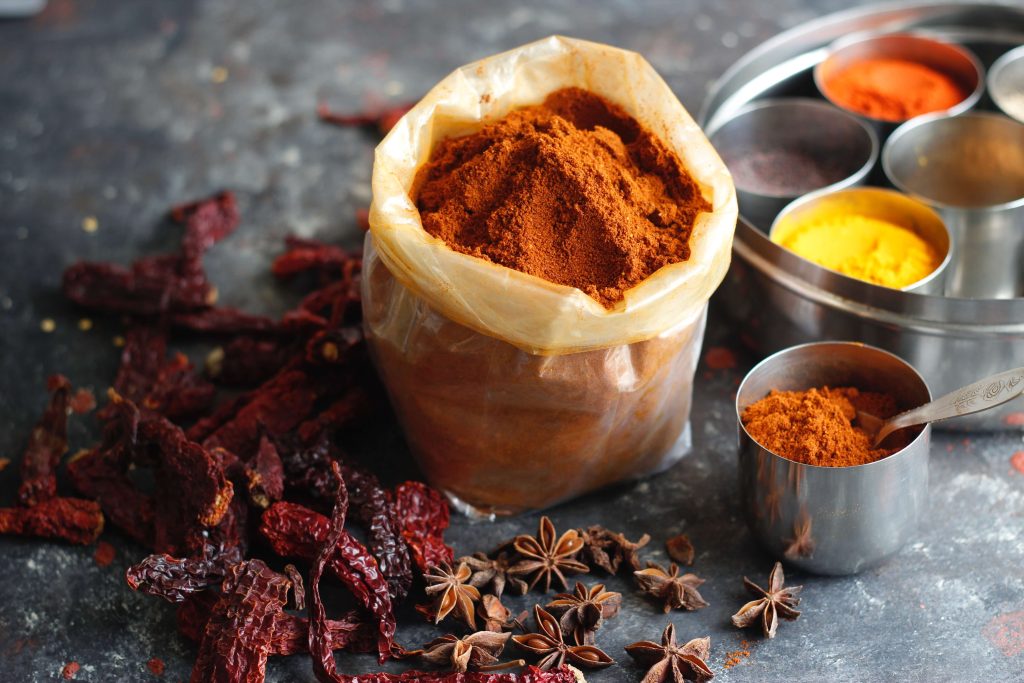
Turmeric: Nature’s Anti-Inflammatory
Turmeric, a vibrant spice, contains a powerful compound called curcumin known for its anti-inflammatory and antioxidant properties. This can be particularly beneficial for menopausal women dealing with joint pain and inflammation. Including turmeric in your diet, whether in cooking or as a supplement, can provide relief from these discomforts.
Greek Yogurt: Probiotic Support
Greek yogurt is a rich source of probiotics, which are beneficial bacteria that support gut health. Maintaining a healthy gut microbiome is essential for nutrient absorption and overall well-being. Additionally, Greek yogurt is high in protein, which can help with muscle health and weight management, two areas of concern for menopausal women.
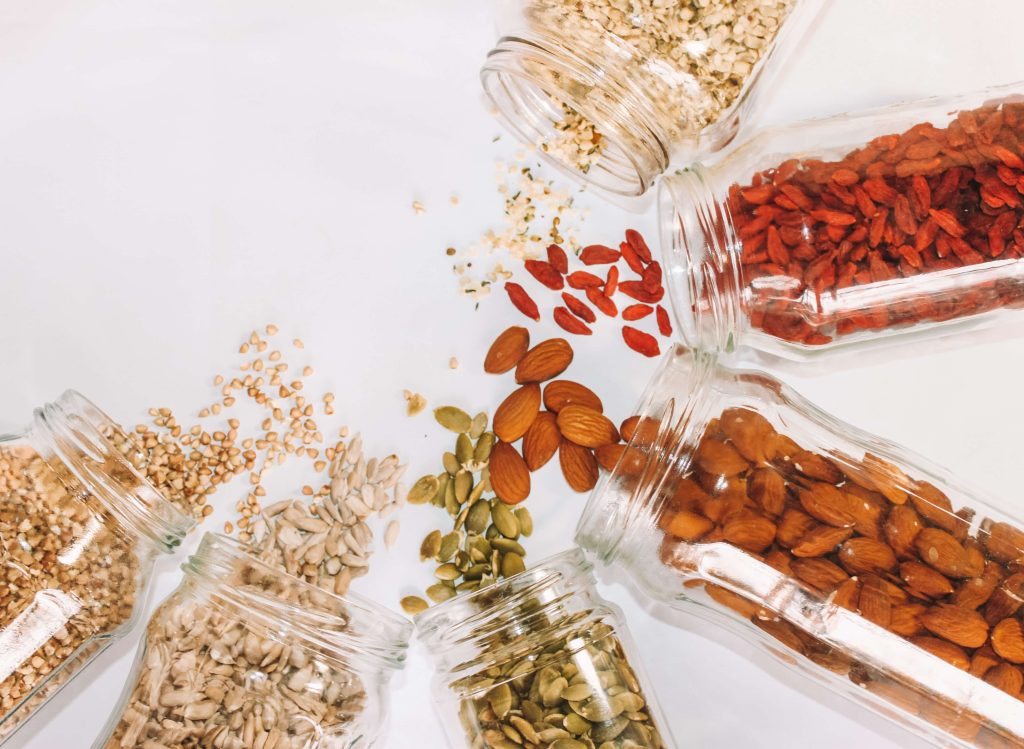
Nuts and Seeds: Nutrient-Dense Snacking
Almonds, walnuts, and chia seeds are nutrient-dense options that provide essential vitamins, minerals, and healthy fats. They are particularly rich in vitamin E, which can help alleviate vaginal dryness, a common symptom of menopause. Including a handful of these nuts and seeds in your daily diet can provide a wide array of benefits.
Conclusion
Incorporating these superfoods into your diet can have a significant impact on your well-being during menopause. From hormone regulation to bone health and inflammation reduction, each of these foods offers unique benefits. Remember to consult with a healthcare professional before making any significant changes to your diet, especially if you have any existing health conditions.
FAQs
1. Can these superfoods replace hormone therapy during menopause?
While these superfoods offer valuable nutritional support, they are not a replacement for hormone therapy. It’s essential to consult with a healthcare provider to determine the best approach for managing menopausal symptoms.
2. How often should I include these superfoods in my diet?
Ideally, aim to incorporate a variety of these superfoods into your daily meals. However, it’s important to maintain a balanced diet that includes a wide range of nutrients from different food groups.
3. Are there any potential allergies or sensitivities associated with these superfoods?
Yes, some individuals may have allergies or sensitivities to certain superfoods. It’s important to be aware of any existing allergies or intolerances and consult with a healthcare provider if you have concerns about specific foods.

